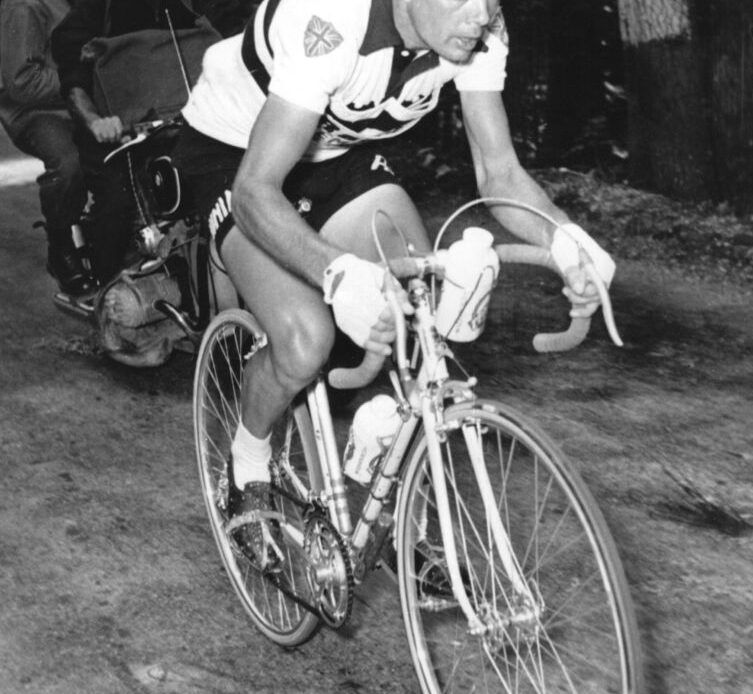When the Tour de France visited Yorkshire in July 2014, it could not have been a more appropriate homage for Brian Robinson.
After all, it was Robinson, Yorkshire born and bred, who six decades previously had kickstarted the interest of British cyclists in racing in Europe and ultimately in the Tour de France.
Robinson, who died last week aged 91, has rightly been described as the pioneer for British cycling on the other side of the English Channel. But it’s not fully understood quite how fully Robinson enacted this role.
He may not have been the first Briton to take part in the Tour de France. But he was, together, with teammate Tony Hoar, one of the first two to finish, at a time where no rider from Britain had ever significantly impacted on road racing in mainland Europe.
Then over the next six editions, be it alone or with 11 other compatriots like in 1961, Robinson became a regular fixture in the Tour lineups, and in other international racing.
It was perhaps only logical that Robinson was the first British rider to win a Tour de France stage. He then added a second.
Before retiring Robinson also claimed the first British finish on a Monument podium, coming third in Milan-San Remo in 1957. He could probably have done better but instead led out his Spanish friend Miguel Poblet. He also captured the country’s first-ever victory in France’s second toughest stage race, the Criterium du Dauphiné, in 1961.
Race by race, victory by victory, a key British claim in continental road racing had, at last, been staked.
The chanciest of starts
Meeting him at his home in Mirfield, Yorkshire, it often seemed hard to grasp that the mild-mannered, quietly jovial Robinson had such a trailblazing role in British cycling.
Helping his father, a village undertaker, lay out corpses in his teens suggests a phlegmatic, pragmatic side to Robinson’s character. He was inspired to make a career of cycling by photos of bike riders in magazines his brother Desmond had brought back from France in the early 1950s. That indicates he had a powerful sense of adventure as well. Combine the two, and perhaps anything was possible.
With stage racing banned in the UK until 1942 and road racing still in its infancy in the 1950s, the British breakthrough into racing abroad was a chancy affair from the outset.
Robinson once recalled, how British officials secured an invite to the Tour for a national team as “the result of a drunken night somewhere, maybe the World Championships,”…
Click Here to Read the Full Original Article at CyclingNews RSS Feed…

